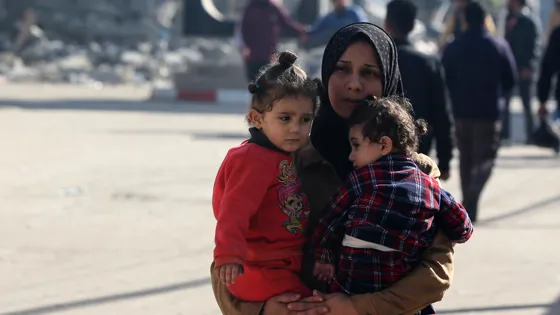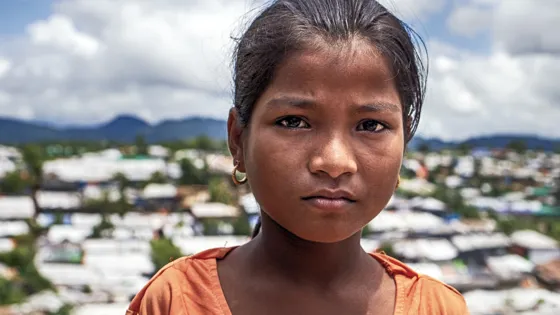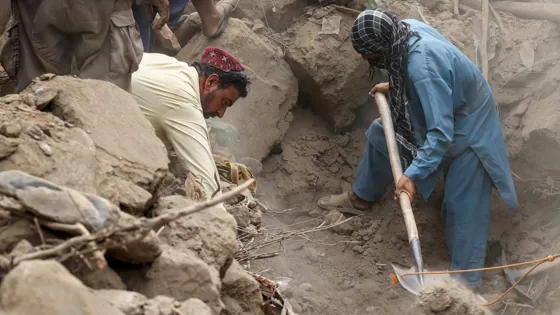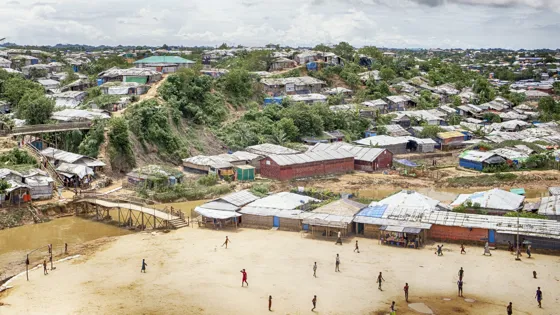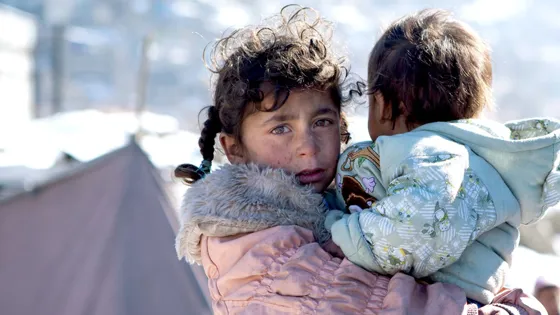Rasha's story
Rasha, 23, was displaced with her family during the conflict with the group known as the Islamic State of Iraq and Syria (ISIS). She now lives in Tikrit, and she and her family are unable to return home as their home was destroyed and because, she says, there is no way to earn an income there.
“When the war started with ISIS, there was bombing in the area. So, like all families did, we had to flee towards safer areas… I wish we could go back to our home city, that we manage to rebuild our house and can be close to our relatives and friends.”
While Rasha’s father gets a small pension from his previous work as a public servant, and her brother works as a daily worker a few days a month, she says this is not enough to support their household of seven and they have struggled to find other work. She was eager to help, but wasn’t sure how to get started:
“My main challenge was that I had no profession. I always wanted to help [my brother and father] to cover the family needs and help in rebuilding our damaged house.”
But, Rasha says, women are limited to certain jobs by gender norms:
“Women in our communities have limited space to find suitable and acceptable jobs, while men have all the space they need and can work in any job with no worries.”
Tailoring, she says, is one of the few jobs that is acceptable to the community, so she was excited to hear that DRC and UNDP were providing a training:
“These kinds of trainings give an opportunity to people to earn an income and find a livelihood… If not for the training I would still be without a skill, and I would never have a chance to open a business or even find a job.”
Following the training, Rasha is now working to open her own business. While that’s her next step, she has a vision for the future:
“My dream and hope is to become a famous tailor, expand my business, and employ women in need, especially divorced women and widows. I also want to make a good income to repair our house and go back to our home city.”







